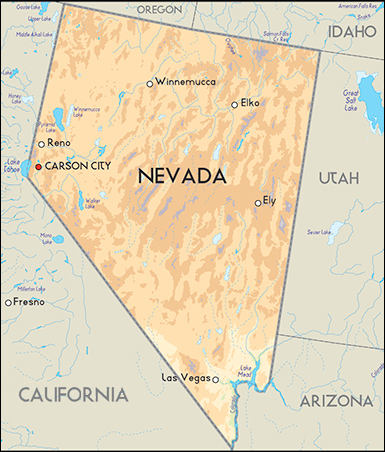Nov. 6, 2018 — At long last, the 2018 midterm Election Day has arrived. Democrats appear well positioned to capture the House of Representatives, but the question of how big a majority margin we will see remains. The large number of dead-even campaigns heading into today suggests that a small majority margin is the most likely outcome.
Republicans, largely because Democrats are defending 26 of the 35 Senate races, should hold control but, again, to what degree? Will their 51-49 margin increase? It appears they will successfully unseat North Dakota Sen. Heidi Heitkamp (D), but will Arizona and Nevada both hold for them, allowing more substantial gains? Does Rep. Beto O’Rourke’s (D-El Paso) new-found celebrity status and national fundraising prowess allow him to overcome Texas voting history to unseat first-term senator and former presidential candidate Ted Cruz? These and many other yet-to-be determined answers will be uncovered late tonight.
Several races may not finish tonight. Today is also the first time Louisiana voters will go to the polls during this cycle. Without a formal nomination process, the Bayou State consolidates its primary and general election into one vote. Therefore, if a candidate receives an absolute majority tonight, that individual is elected. If not, the top two finishers will advance to a Dec. 8 run-off. With no governor or Senate election on the ballot and little competition within the state’s six House districts, it appears likely that all congressional incumbents will win tonight. Next up, Gov. John Bel Edwards (D), possibly facing US Sen. John Kennedy (R), will defend his position in the 2019 odd-numbered year election.






